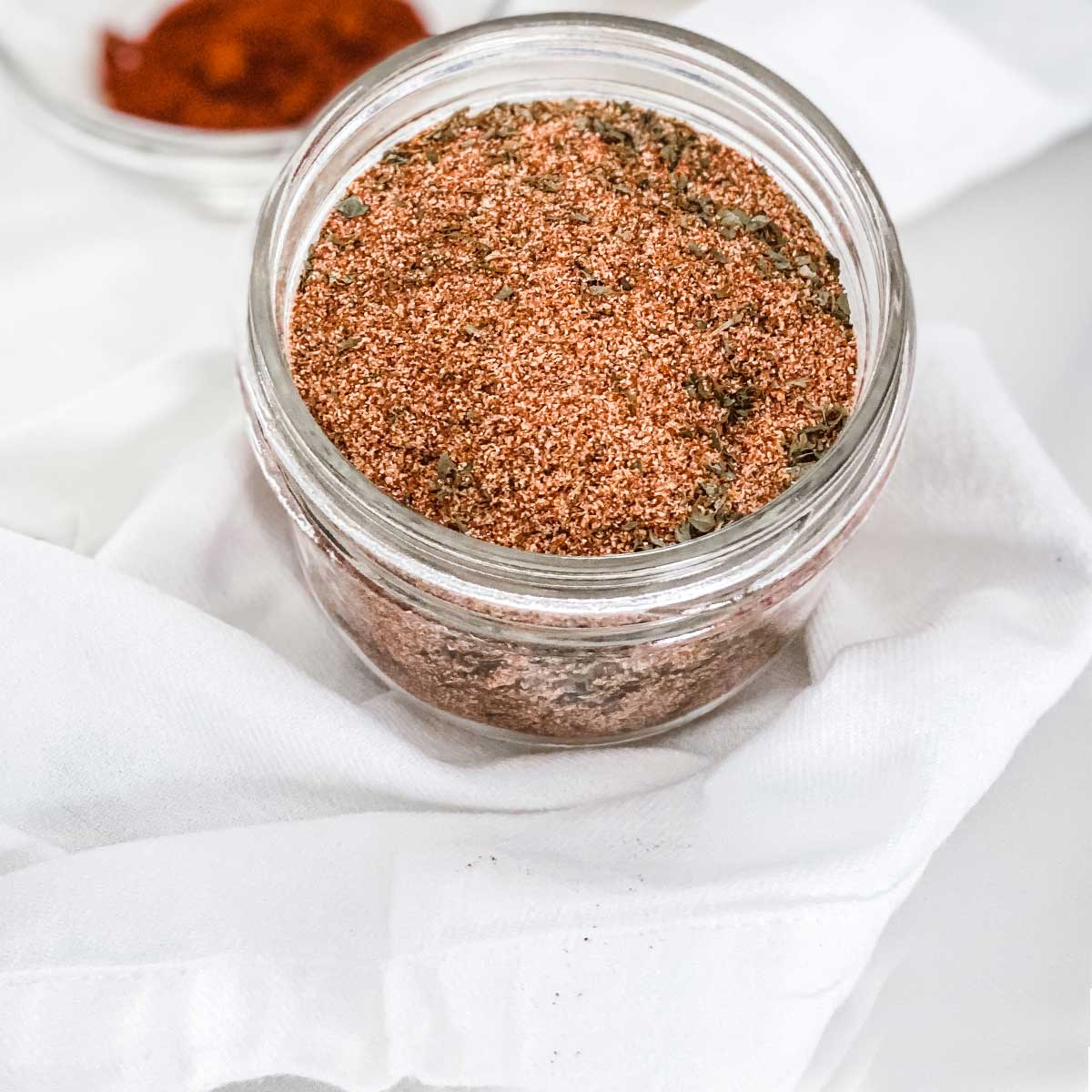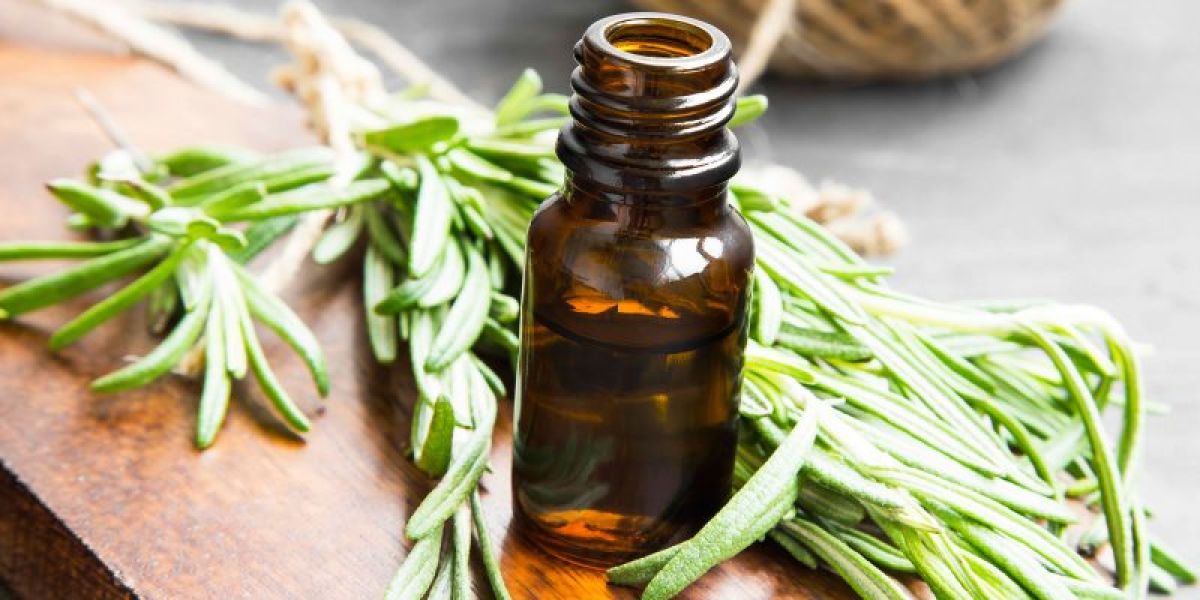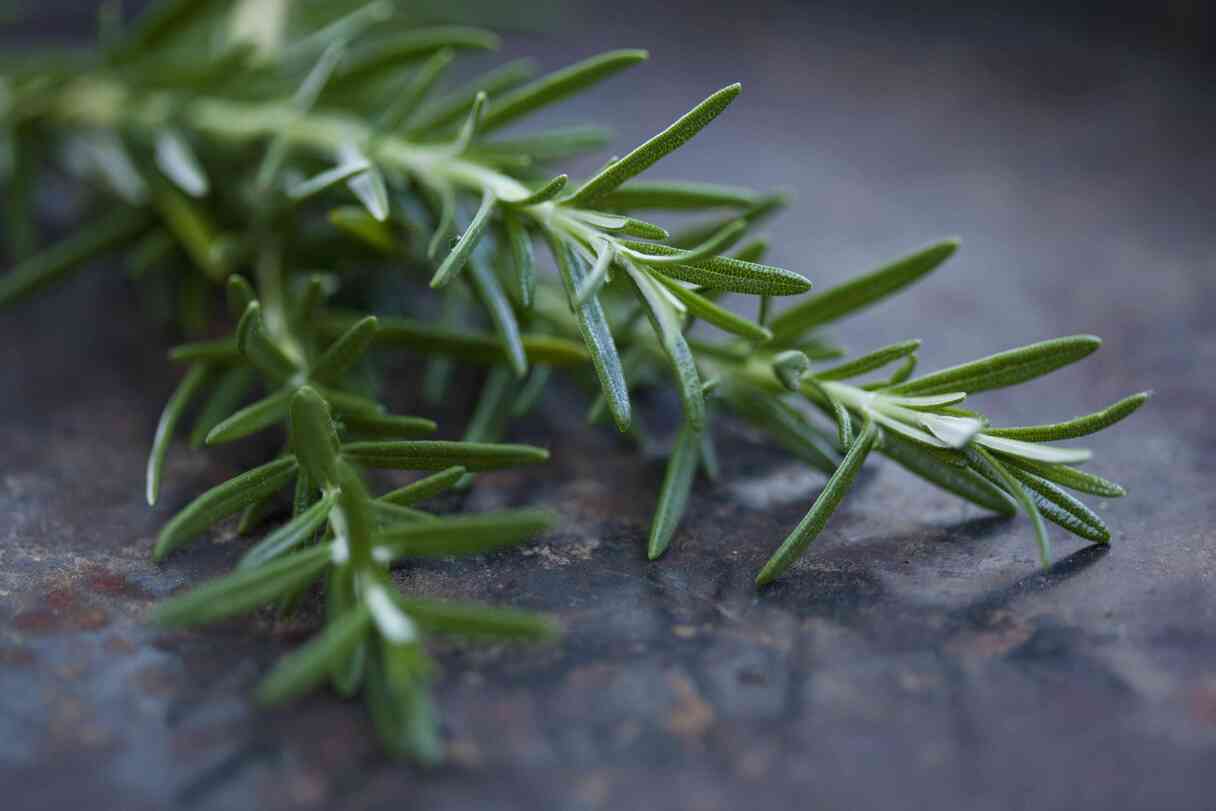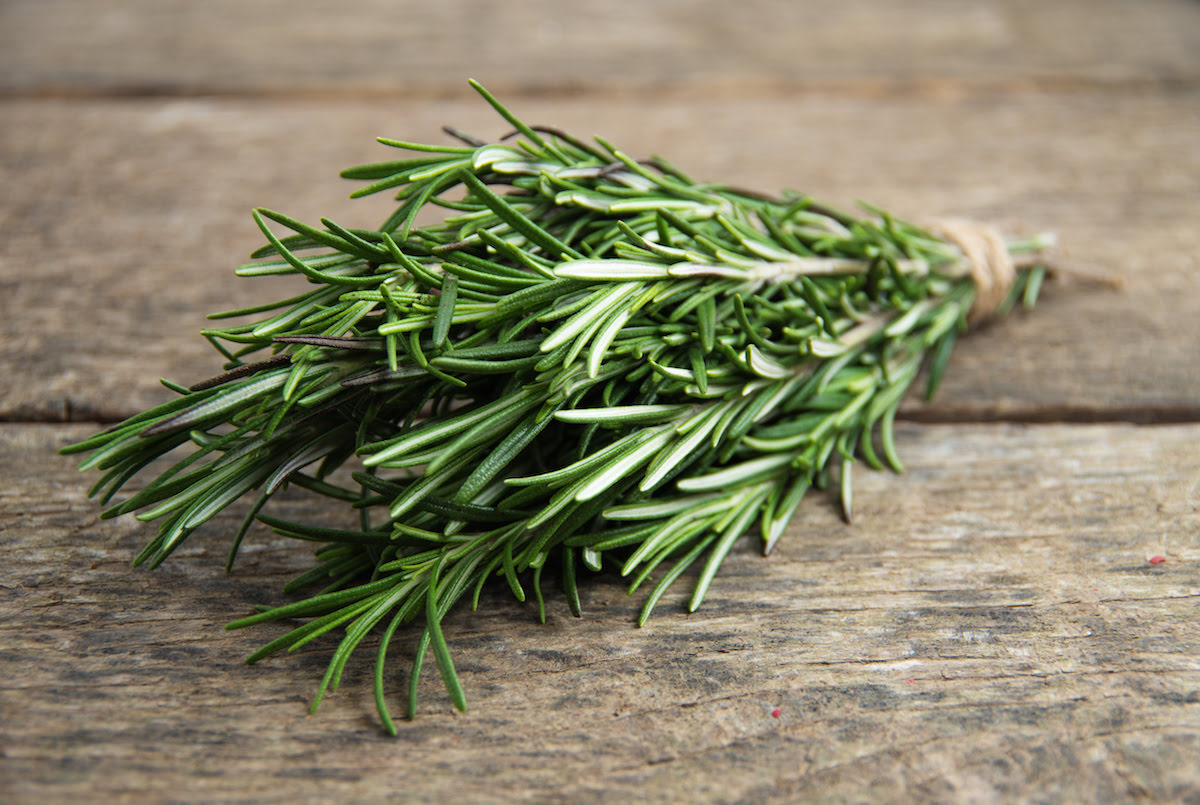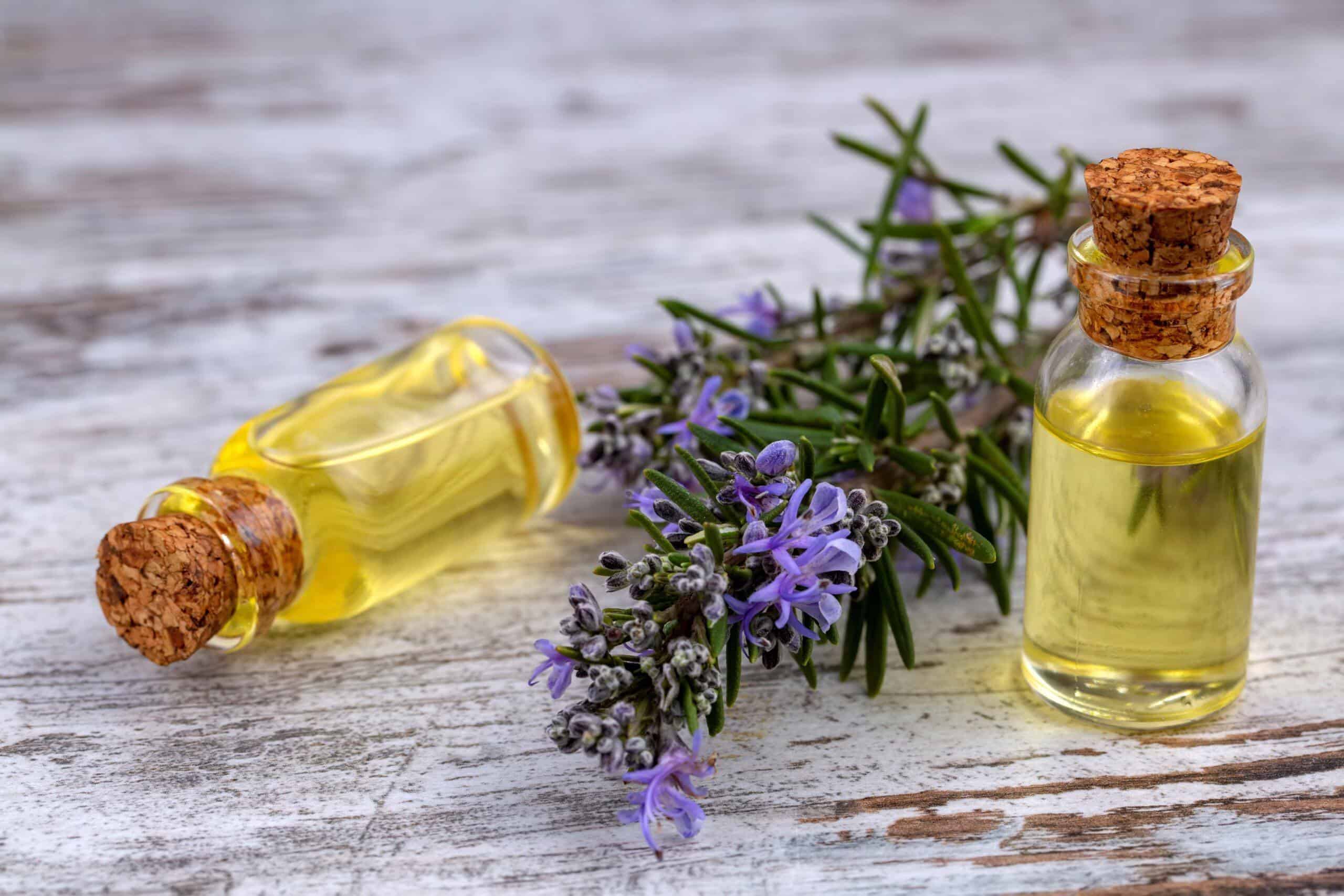Home>Types of Gardening>Edible Gardening>What Is Rosemary Seasoning Used For
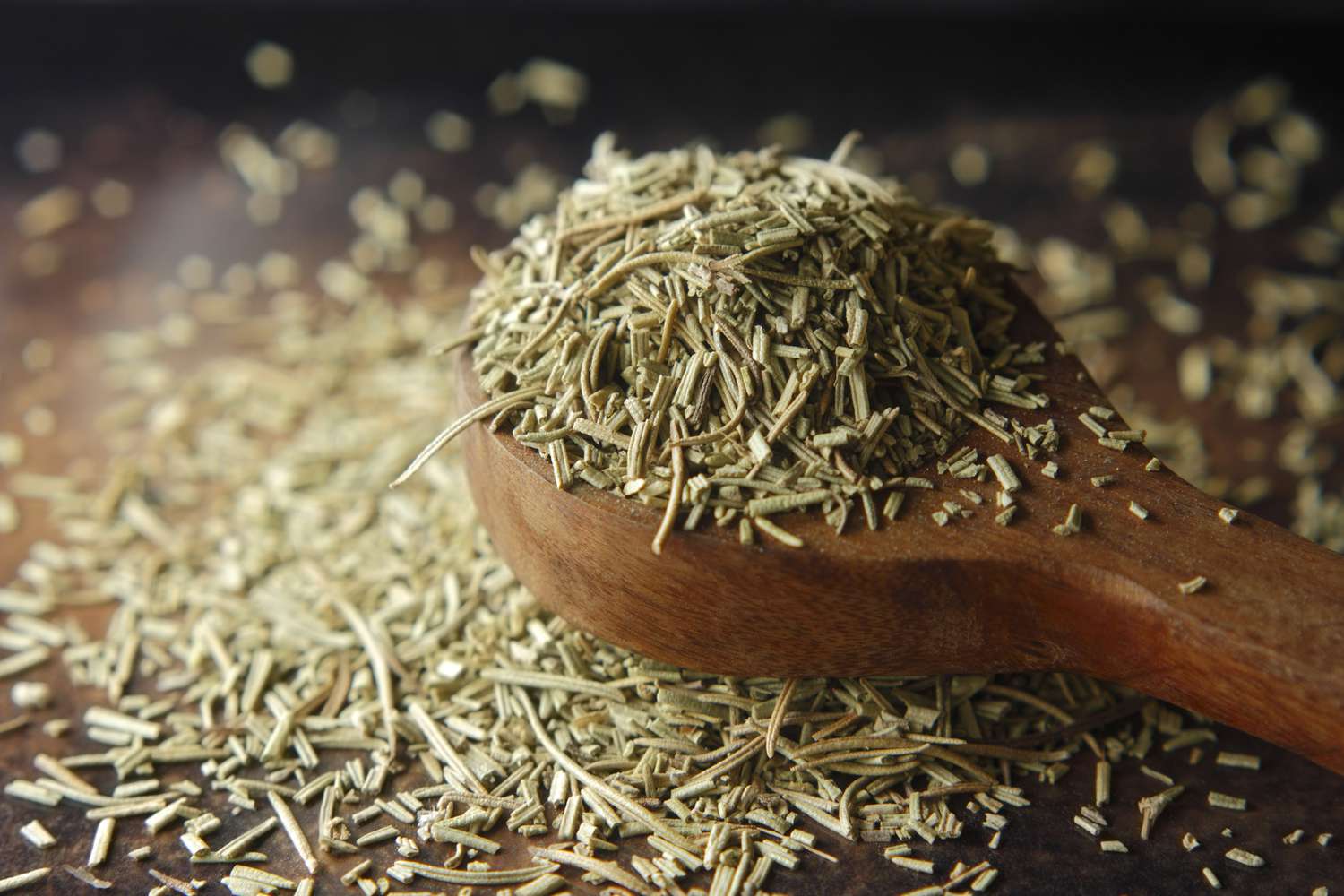

Edible Gardening
What Is Rosemary Seasoning Used For
Published: January 30, 2024
Discover the versatility of rosemary seasoning in edible gardening. Learn how to use rosemary to enhance the flavor of your homegrown produce. Explore ideas and tips for incorporating rosemary into your culinary creations.
(Many of the links in this article redirect to a specific reviewed product. Your purchase of these products through affiliate links helps to generate commission for Chicagolandgardening.com, at no extra cost. Learn more)
Table of Contents
- The Versatile Herb: Understanding the Significance of Rosemary Seasoning
- Unearthing the Rich History of Rosemary Seasoning
- Exploring the Culinary Delights of Rosemary Seasoning
- Unveiling the Medicinal Marvels of Rosemary Seasoning
- Embracing the Art of Infusing Flavors: How to Use Rosemary Seasoning in Cooking
- Celebrating the Timeless Appeal of Rosemary Seasoning
Introduction
The Versatile Herb: Understanding the Significance of Rosemary Seasoning
Welcome to the world of rosemary, a fragrant and flavorful herb that has been cherished for centuries. With its rich history, diverse culinary applications, and potential health benefits, rosemary seasoning holds a special place in the hearts of chefs, gardeners, and herbal enthusiasts alike.
As we delve into the captivating realm of rosemary, we will uncover its storied past, explore its multifaceted uses in both the kitchen and traditional medicine, and learn how to incorporate this aromatic herb into our daily lives. Whether you are a seasoned cook seeking to elevate your culinary creations or an avid gardener looking to expand your herbal repertoire, the allure of rosemary is sure to captivate your senses.
Join us on a journey through the captivating world of rosemary seasoning, where we will unravel its mysteries, savor its flavors, and celebrate its time-honored legacy.
Unearthing the Rich History of Rosemary Seasoning
Embarking on a journey through time, we discover the storied past of rosemary, a beloved herb with a legacy as robust as its aroma. Native to the Mediterranean region, rosemary (Rosmarinus officinalis) has been revered for millennia, earning a revered status in ancient cultures and civilizations.
Tracing its origins back to ancient Greece and Rome, rosemary holds a place of honor in folklore, mythology, and traditional medicine. The ancient Greeks associated rosemary with Aphrodite, the goddess of love and beauty, while the Romans revered it as a symbol of remembrance and fidelity. In fact, rosemary was often used in weddings, funerals, and religious ceremonies, signifying loyalty, love, and the enduring spirit of life.
Throughout the ages, rosemary has been celebrated for its aromatic allure and versatile properties. Its name, derived from the Latin words “ros” (dew) and “marinus” (sea), reflects its natural habitat along the sun-drenched coasts of the Mediterranean. This resilient herb thrives in rocky, coastal environments, where it basks in the warm embrace of the sun and absorbs the briny essence of the sea breeze.
From its esteemed status in ancient civilizations to its enduring presence in medieval apothecaries and monastic gardens, rosemary has left an indelible mark on human history. Its fragrant sprigs have been used to infuse oils, vinegars, and spirits, while its essential oils have been treasured for their aromatic, therapeutic, and preservative qualities.
As we reflect on the rich tapestry of rosemary’s history, we gain a deeper appreciation for this timeless herb and the profound impact it has had on culinary traditions, cultural rituals, and herbal lore. Join us as we continue our exploration of rosemary, uncovering its culinary and medicinal significance in the modern age.
Exploring the Culinary Delights of Rosemary Seasoning
When it comes to infusing dishes with aromatic charm and savory sophistication, rosemary seasoning stands as a culinary cornerstone, enriching a myriad of recipes with its distinctive flavor profile and aromatic allure. From hearty roasts to delicate pastries, this versatile herb elevates culinary creations with its timeless appeal.
One of the hallmark traits of rosemary is its ability to impart a robust and earthy flavor to a wide array of dishes. Whether used fresh or dried, its needle-like leaves release a tantalizing aroma and a hint of pine-like essence, adding depth and complexity to both savory and sweet preparations. In savory dishes, such as roasted meats, poultry, and vegetables, rosemary lends a fragrant and savory note that harmonizes with a spectrum of flavors, from citrusy zest to peppery warmth.
Moreover, rosemary’s affinity for rich, fatty foods, such as lamb and pork, makes it a popular choice for enhancing the succulence and savoriness of these meats. Its assertive flavor can stand up to bold ingredients and spices, making it a versatile addition to marinades, rubs, and sauces. Whether sprinkled over potatoes before roasting or infused into olive oil for a fragrant drizzle, rosemary adds a touch of Mediterranean charm to every dish it graces.
Not limited to savory fare, rosemary also lends its enchanting essence to a variety of sweet treats. When incorporated into baked goods, such as focaccia, scones, and shortbread, it imparts a delightful contrast, infusing the delicacies with a subtle hint of herbal warmth. Furthermore, its compatibility with citrus and honey makes it a cherished companion in desserts, syrups, and infused sugars, offering a tantalizing interplay of flavors.
As we savor the culinary delights of rosemary seasoning, we celebrate its ability to transform ordinary dishes into extraordinary culinary experiences. From the rustic charm of a rosemary-infused roast to the delicate allure of a citrus-rosemary cake, this timeless herb continues to captivate the palates and imaginations of chefs and food enthusiasts around the world.
Unveiling the Medicinal Marvels of Rosemary Seasoning
Beyond its culinary prowess, rosemary seasoning has been revered for its medicinal properties throughout history, earning a distinguished place in traditional herbal remedies and modern holistic practices. The herb’s fragrant leaves and essential oils harbor a wealth of therapeutic compounds, offering a myriad of potential health benefits.
One of the most notable attributes of rosemary is its role as a natural cognitive enhancer. The herb has long been associated with improved memory, mental clarity, and concentration, leading to its symbolic significance as a symbol of remembrance in ancient cultures. Modern research has delved into the cognitive-boosting properties of rosemary, with studies suggesting that inhaling its aroma or consuming it as a supplement may support cognitive function and mental acuity.
Furthermore, rosemary is celebrated for its anti-inflammatory and antioxidant properties, which can contribute to overall wellness and vitality. Its essential oils contain compounds such as rosmarinic acid and carnosic acid, which have been studied for their potential to combat oxidative stress and inflammation in the body. Additionally, rosemary’s antimicrobial properties make it a valuable ally in promoting oral health and combating certain types of bacteria.
Moreover, rosemary has been traditionally used to support digestive health, with its aromatic qualities believed to aid in digestion and alleviate discomfort. Whether consumed as a tea, infused in culinary preparations, or used topically in essential oil form, rosemary has been valued for its potential to soothe digestive woes and promote gastrointestinal balance.
As we embrace the medicinal legacy of rosemary, we recognize its enduring appeal as a natural remedy for an array of ailments. From its potential to invigorate the mind and uplift the spirit to its capacity for promoting physical well-being, rosemary seasoning continues to inspire awe and admiration as a botanical marvel with a wealth of holistic benefits.
Embracing the Art of Infusing Flavors: How to Use Rosemary Seasoning in Cooking
When it comes to incorporating rosemary seasoning into your culinary creations, the possibilities are as diverse as the herb’s rich aroma and flavor. Whether you are a seasoned chef or an aspiring home cook, mastering the art of using rosemary can elevate your dishes to new heights, infusing them with a tantalizing blend of herbal allure and savory sophistication.
One of the most popular ways to harness the essence of rosemary is through simple infusions. By steeping fresh rosemary sprigs in warm liquids, such as olive oil, vinegar, or broth, you can impart a subtle yet distinctive herbal note to your dishes. These infused liquids can then be used as a flavorful base for dressings, marinades, and sauces, adding a touch of Mediterranean charm to your culinary repertoire.
Another classic method of using rosemary is through dry rubs and seasoning blends. By combining dried rosemary with complementary herbs, spices, and a touch of salt, you can create a versatile seasoning mix that enhances the flavor of meats, vegetables, and grains. Whether sprinkled over a tender roast or dusted onto roasted potatoes, this aromatic blend adds depth and complexity to a wide range of dishes.
For those seeking a more direct infusion of flavor, incorporating fresh rosemary sprigs into cooking preparations can yield delightful results. Whether added to a simmering stew, tucked into the cavity of a roasting chicken, or skewered with vegetables on the grill, fresh rosemary releases its aromatic oils and savory essence, imparting a captivating flavor to the dish.
Moreover, rosemary can be used to flavor a variety of culinary staples, such as bread, crackers, and even cocktails. Adding chopped rosemary to bread dough or pastry batter infuses the baked goods with a delightful herbal aroma, while muddling rosemary in cocktails imparts a refreshing and aromatic twist to libations.
As you explore the art of using rosemary seasoning in your cooking, remember that a little goes a long way. Due to its robust flavor, it is best to use rosemary sparingly, allowing its aromatic charm to complement and enhance the other ingredients in your dishes. By embracing the art of infusing flavors with rosemary, you can unlock a world of culinary creativity and sensory delight.
Celebrating the Timeless Appeal of Rosemary Seasoning
As we draw the curtains on our exploration of rosemary seasoning, we find ourselves immersed in a tapestry of history, flavor, and wellness. This revered herb, with its roots reaching back to ancient civilizations, continues to enchant and inspire, weaving its aromatic allure into the fabric of culinary traditions and holistic well-being.
From the sun-drenched coasts of the Mediterranean to kitchen tables around the globe, rosemary remains a beloved staple, cherished for its ability to infuse dishes with a harmonious blend of earthy warmth and herbal charm. Its versatile nature allows it to effortlessly complement a wide array of ingredients, from robust meats to delicate confections, adding a touch of timeless elegance to every culinary creation.
Beyond its culinary prowess, rosemary stands as a testament to the enduring connection between nature and nourishment, offering a wealth of potential health benefits and holistic wellness. Its aromatic oils, therapeutic compounds, and storied history as a symbol of remembrance and vitality continue to captivate the imagination and inspire a sense of wonder.
As we bid adieu to our journey through the captivating world of rosemary, let us carry forth a newfound appreciation for this remarkable herb. Whether adorning a savory roast, steeped in a fragrant infusion, or lending its essence to a healing remedy, rosemary seasoning serves as a testament to the timeless allure of nature’s bounty.
May the aromatic sprigs of rosemary continue to grace our tables, tantalize our taste buds, and nourish our bodies and spirits, reminding us of the enduring legacy and captivating charm of this cherished herb.
